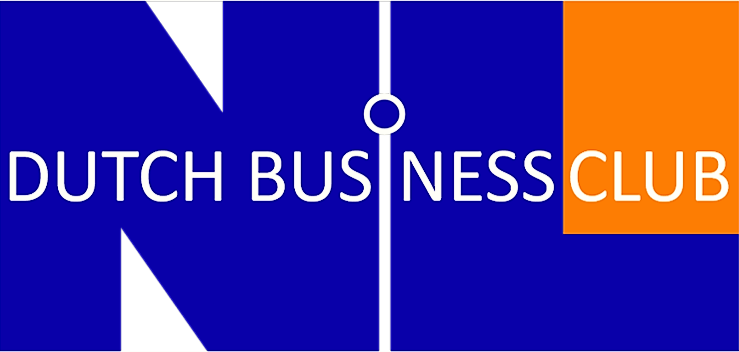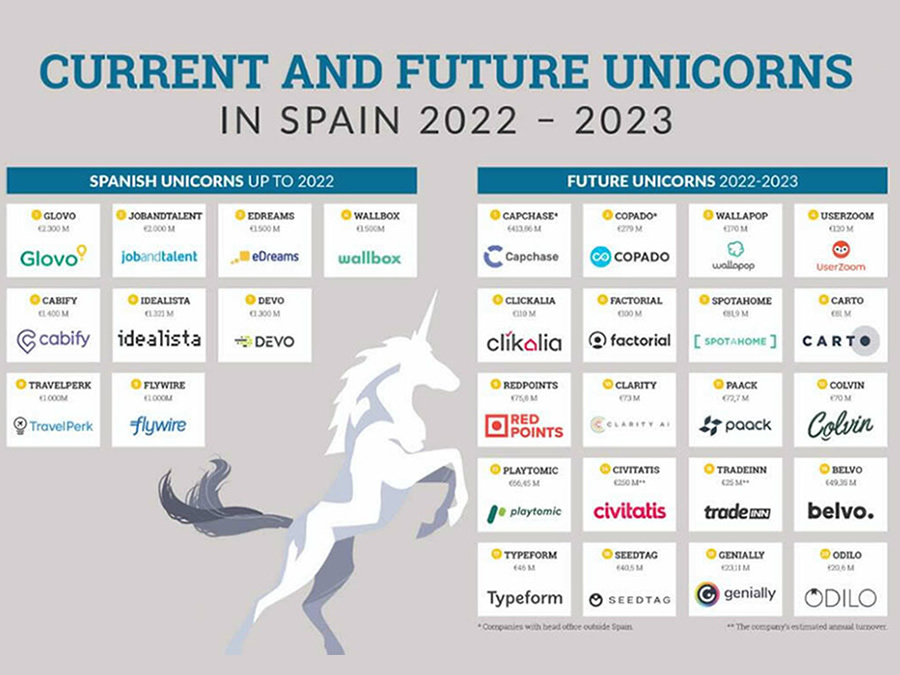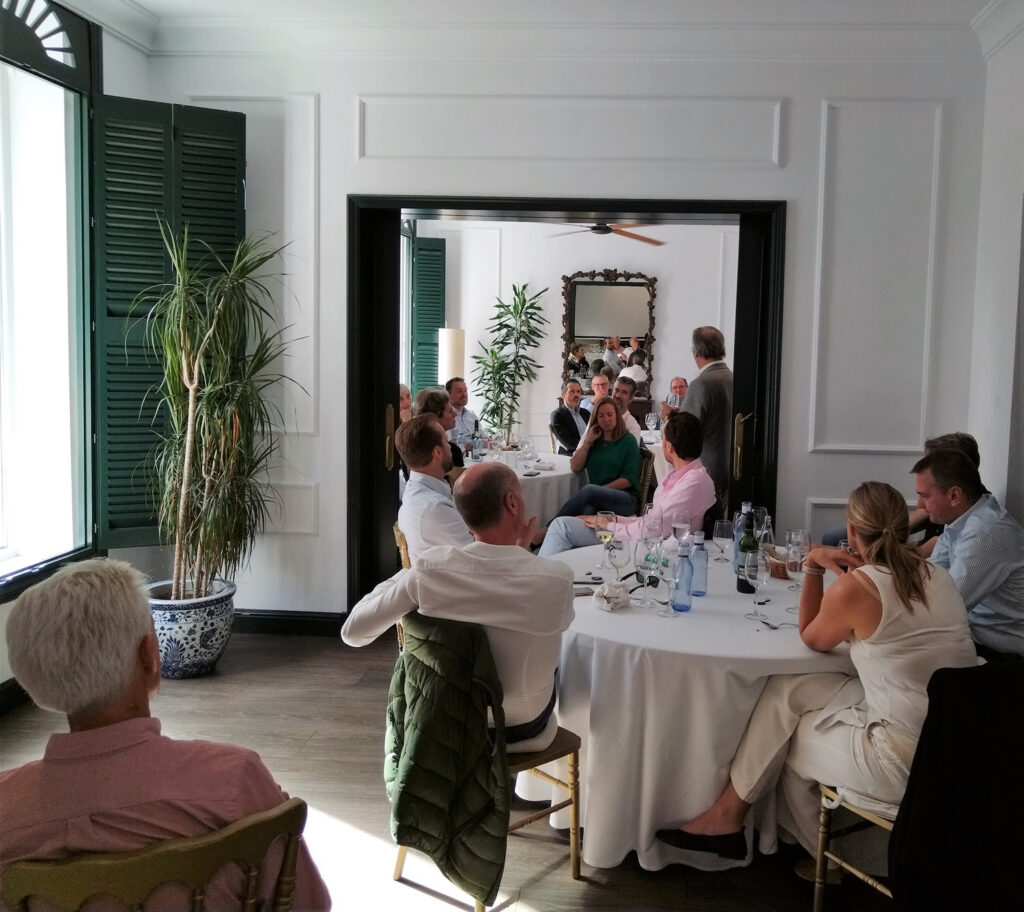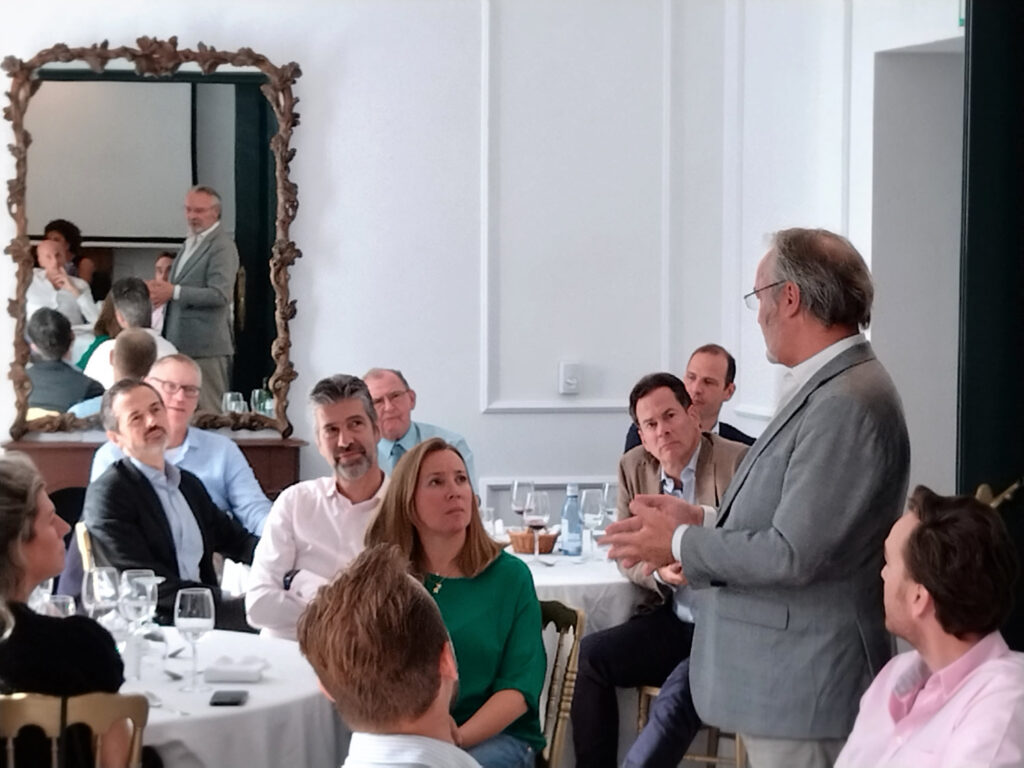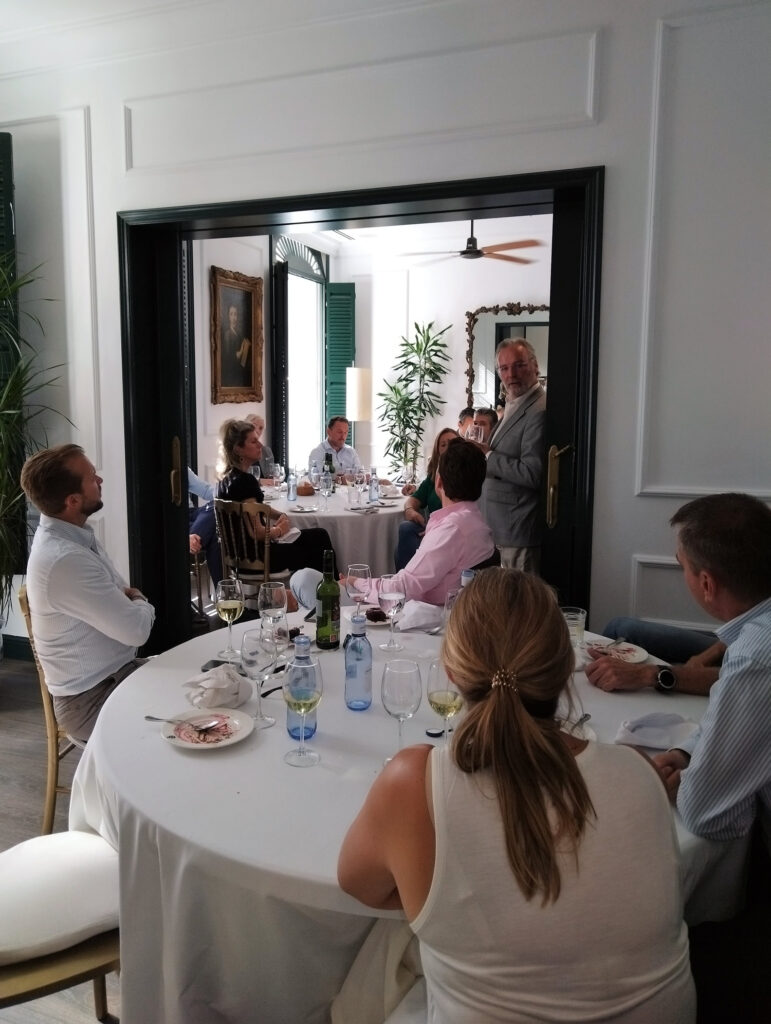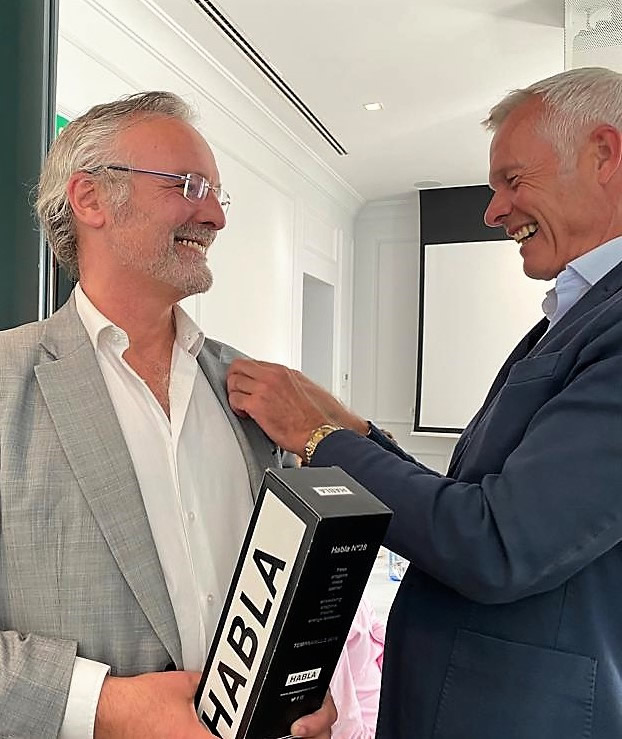Start-up, Scale-up, Business Angel, Unicorn, Venture capital. For many, these are familiar terms, popping up almost every day when scrolling through news websites, newspapers, and corporate press. They are used in articles about young, innovative, and ambitious companies mostly related to the high-tech and IT industries. In the world of start-ups, there are three ultimate outcomes: the failure, the (modest) success and, very rarely, a spectacular success.
But how rare is success in the business world?
On average, venture capitalists meet about 1,000 new companies each year and maybe 2 of them are financed. For every 10,000 start-ups that get funding, only 1 becomes a Unicorn — the jargon for a private start-up worth over $1 billion. Basically, the odds of achieving Unicorn-level start-up success are about one in five million.
Unicorns are often tech start-ups that have come up with something very innovative. Examples of (former) unicorns are Uber, SpaceX, Deliveroo, WhatsApp, Reddit and “our” Interxion.
At the DBC lunch on October 4, we will take a closer look at the world of start-ups and business angels. With the theme “in search of the Unicorn”, René de Jong tells us more about his experiences in this challenging and fascinating entrepreneurship and investment “ecosystem”.
As a successful entrepreneur, who changed his course in 2005 and has been very active as a business angel since then, René knows the different aspects of entrepreneurship like no other.
